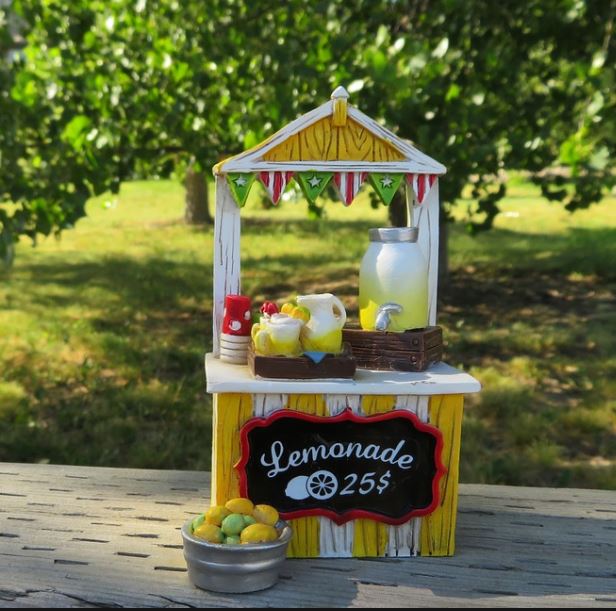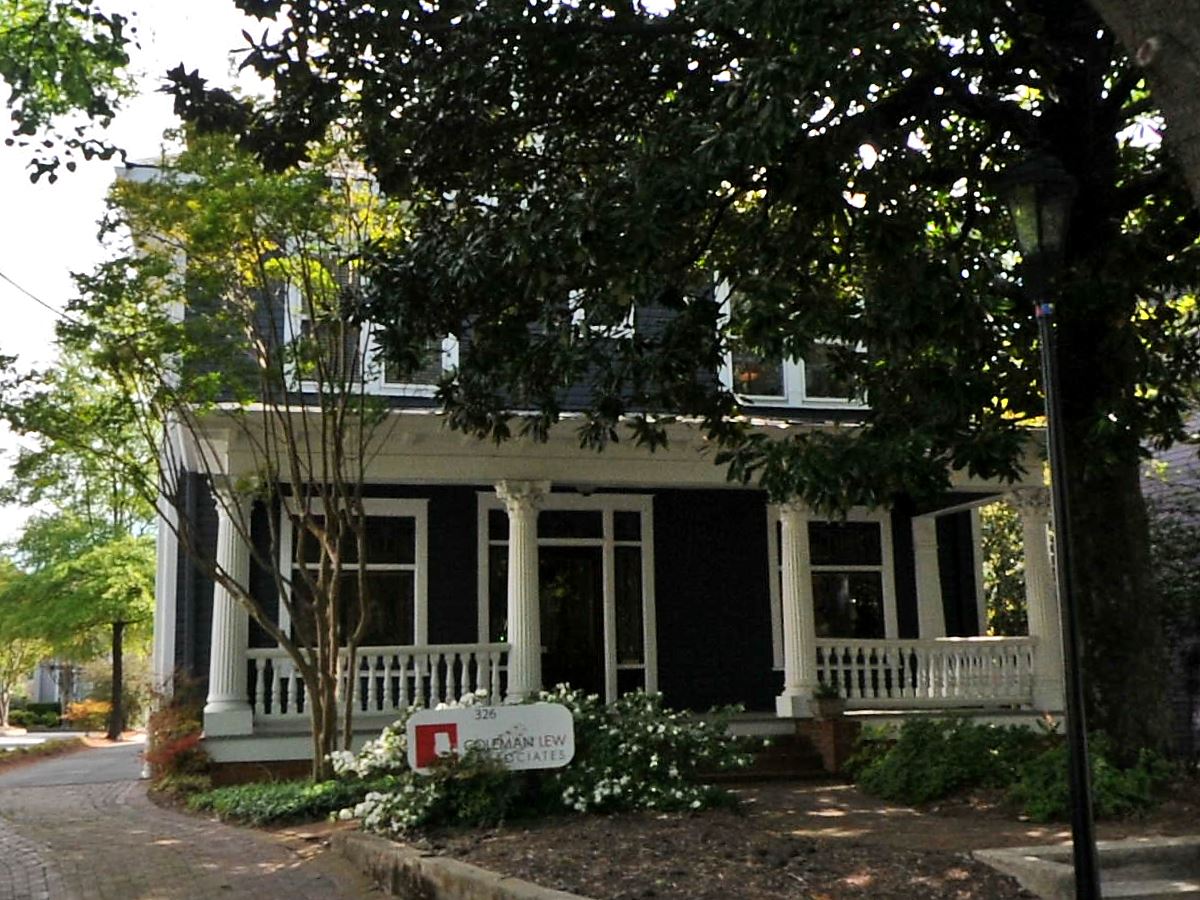While driving through the residential neighborhoods of Charlotte, North Carolina in the hot summer months, it’s not hard to find kids selling lemonade. I’ve seen three in the last three weeks. Harnessing their budding entrepreneurial skills (and perhaps at the suggestion of a parent tired of their kids watching television), setting up a lemonade stand is a relatively simple task. All you need is a pitcher, cups, water, sugar, lemons, knowledge of zoning laws, heath regulations, the fire code, federal income tax implications, and potentially a peddler’s license or a license to solicit charitable donations.
In a perfect world, police and city officials would use a bit of common sense and compassion when they encounter a lemonade stand staffed by children, but recent incidents resulted in shutting down the stands, the levying of fines and, for one London girl, a crushed entrepreneurial spirit and the impression that lemonade stands are scary. In many of these cases, the municipality did not eventually enforce the fine, but it is impossible to know whether all municipalities would apply the same common sense. For a map of crack-downs on kid-run concession stands click here.
In many towns, there are ordinances prohibiting bartering, selling, peddling, or trading on any street, sidewalk, or public parking lot. These ordinances generally don’t apply to private property, however. Should a grumpy neighbor decide to call city officials about your child’s lemonade stand, it may actually be in violation of zoning ordinances if that lemonade stand is on the public sidewalk or road. However, if the stand is on the lawn or driveway of your home, it likely will not be a violation of zoning laws.
If the lemonade stand is off the beaten path as mine was* and your child needs to set up shop on a corner with some foot traffic, some towns require peddler’s permits in order to operate on city streets or sidewalks. In order to obtain a permit, a small bond, personal documentation, an application, and/or fees may be required. Check with your city, county, and state.
Health regulations may also come into play. In many places, there are permit requirements governing temporary food establishments, such as food service operators at festivals. The permits often cost money and require an application process. The good news for little lemonade stands is there are often exceptions that apply. In Mecklenburg County, temporary food establishment vendors who sell only non-potentially hazardous drinks, “such as fresh-squeezed lemonade, coffee, tea, etc., are not required to obtain a permit from the health department”. Again, what’s true here may not be true in other counties with more strict regulations, so check your county’s website.
One child with a pitcher of lemonade probably isn’t going to trigger fire code regulations, but full-scale operations requiring multiple “employees” and a large tent or canopy may be regulated. The key factors are the square footage of the structure and/or how many people will be within or under the structure. In Mecklenburg County, if a tent or canopy exceeds 400 square feet, it is necessary to obtain a permit. Other counties have similar restrictions based on the number of people who will gather there and some counties make exceptions for tents or canopies used on private, residential property.
As in the real business world, some lemonade stands are run with the aim of providing a valuable product to society and making a profit in the process. Others, however, are set up in the name of charity. These little givers should keep in mind that some cities and/or states have requirements regarding the solicitation of charitable donations. In North Carolina, a license is required unless the individual is raising less than $25,000 per year and is not compensating the person raising the funds. Other states may have lower thresholds. Little lemonade stands probably aren’t raking in these kind of donations, but it’s not unheard of. One little girl raised $26,450 for her brother’s rare neurodevelopment disorder.
Most lemonade stands are fairly small operations, earning only a few dollars. However, if that amount exceeds $400, it is taxable by the IRS as self-employment income. Even if this money is characterized as charitable contributions to the child, it is considered income.
It is important to keep in mind that states and municipalities have wide ranging regulations and requirements, so a lemonade stand in one city may be completely legal but not in another. It is wise to check your state, city, and/or county’s zoning laws, health code laws, charitable donation requirements, and fire code regulations to make sure your tiny entrepreneur is within the guidelines.
If you have any questions about lemonade stands or other small business ventures, please give our office a call at 704-457-1010 or visit our website at www.lindleylawoffice.com.
*Author’s Note: I once had an illegal sidewalk lemonade stand growing up in a small neighborhood in Hickory, NC. I had the idea to use food coloring to dye my lemonade blue or green in order to increase the novelty of my lemonade with the idea my profits would skyrocket. It may have worked if my house had not been near the end of our dead end street. I made only a few sales, mostly to my family, and shuttered the operation. As is true in most situations: “location, location, location.”





